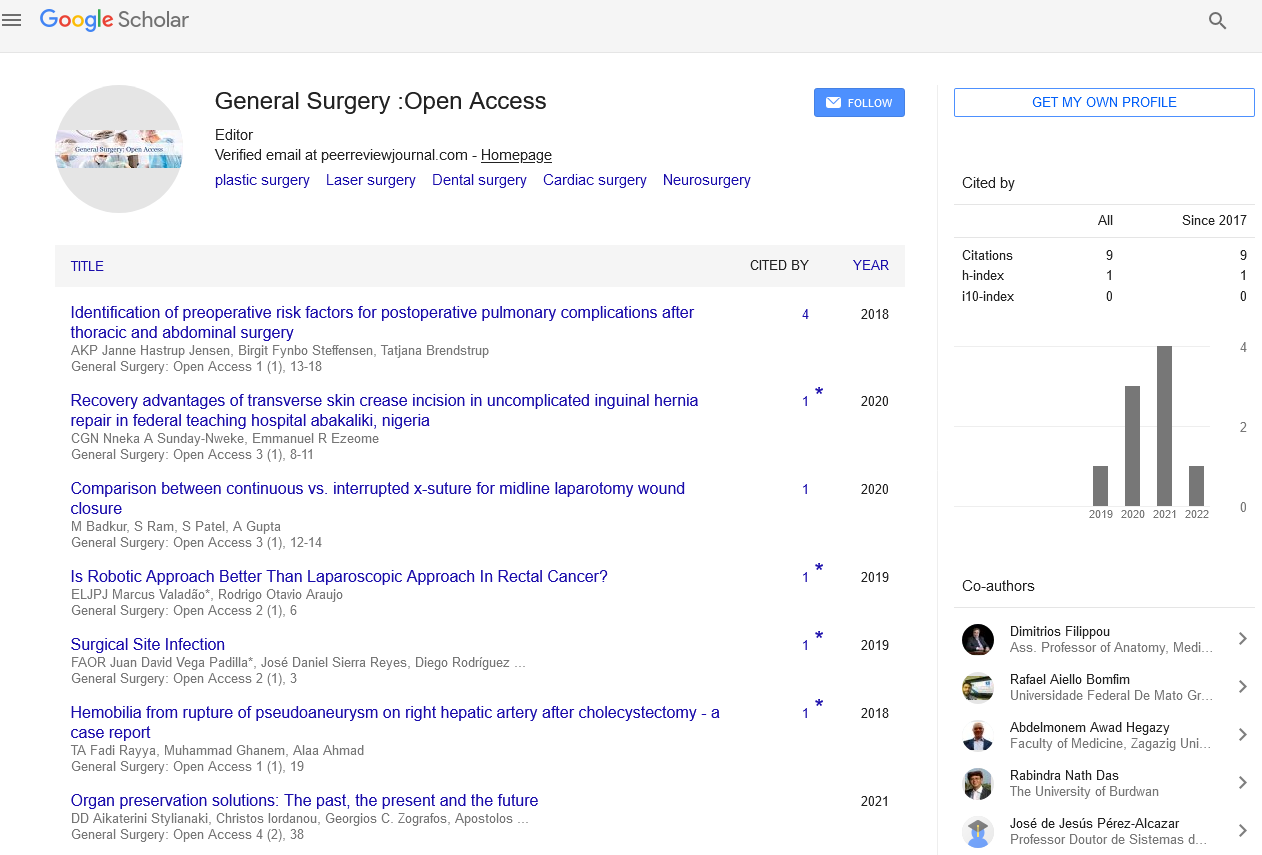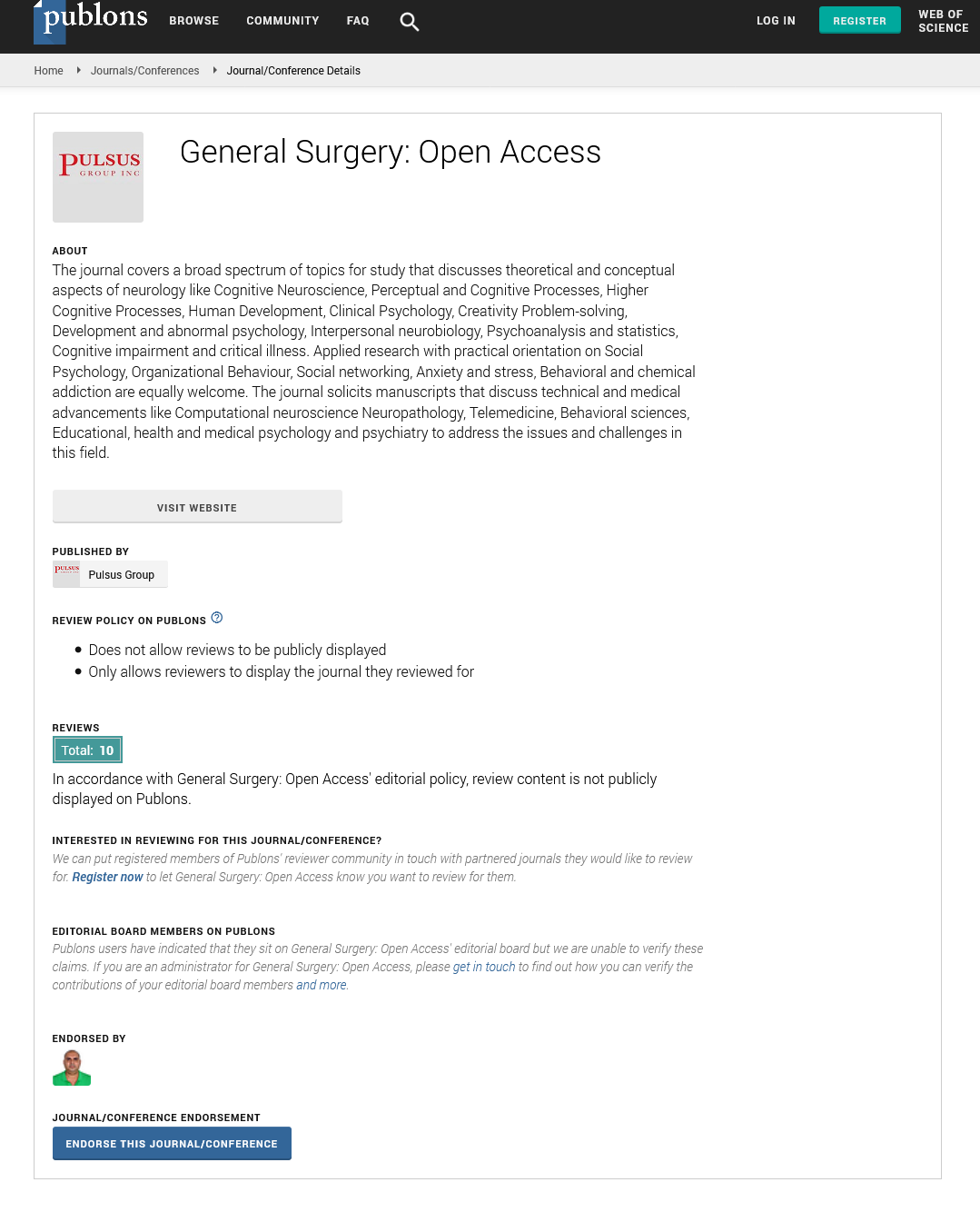
Sign up for email alert when new content gets added: Sign up
Bacteria: Back pain, leg pain and Modic sign-a surgical multicentre comparative study
International Conference on Clinical Surgery and Transplantation
December 03, 2021 | Webinar
Peter Fritzell
Futurum Academy, Sweden
ScientificTracks Abstracts: Gen surg: Open Access
Abstract :
Purpose: To compare bacterial findings in pain-generating degenerated discs in adults operated on for lumbar disc herniation (LDH), and mostly also suffering from low back pain (LBP), with findings in adolescent patients with non-degenerated nonpain- generating discs operated on for scoliosis, and to evaluate associations with Modic signs on magnetic resonance imaging (MRI). Cutibacterium acnes (Propionibacterium acnes) has been found in painful degenerated discs, why it has been suggested treating patients with LDH/LBP with antibiotics. As multidrug-resistant bacteria are a worldwide concern, new indications for using antibiotics should be based on solid scientific evidence. Methods: Between 2015 and 2017, 40 adults with LDH/LBP (median age 43, IQR 33-49) and 20 control patients with scoliosis (median age 17, IQR 15-20) underwent surgery at seven Swedish hospitals. Samples were cultured from skin, surgical wound, discs and vertebrae Results: No bacterial growth was found in 6/40 (15%) LDH patients, compared with 3/20 (15%) scoliosis patients. Most positive samples in both groups were isolated from the skin and then from subcutis or deep within the wound. Of the four disc and vertebral samples from each of the 60 patients, 235/240 (98%) were DNA negative by bacterial PCR. A single species, C. acnes, was found exclusively in the disc/vertebra from one patient in each group. In the LDH group, 29/40 (72%) patients had at least one sample with growth of C. acnes, compared to 14/20 (70%) in the scoliosis group. Bacterial findings and Modic changes were not associated. Conclusions: Cutibacterium acnes found in discs and vertebrae during surgery for disc herniation in adults with degenerated discs may be caused by contamination, as findings in this group were similar to findings in a control group of young patients with scoliosis and non-degenerated discs. Furthermore, such findings were almost always combined with bacterial findings on the skin and/or in the wound. There was no association between preoperative Modic changes and bacterial findings. Antibiotic treatment of lumbar disc herniation with sciatica and/or low back pain, without signs of clinical discitis/spondylitis, should be seriously questioned. These slides can be retrieved under Electronic Supplementary Material.
Biography :
Peter Fritzell is working at Futurum Academy, Sweden. His research interests are Orthopedics, Surgery and Pain Management.





